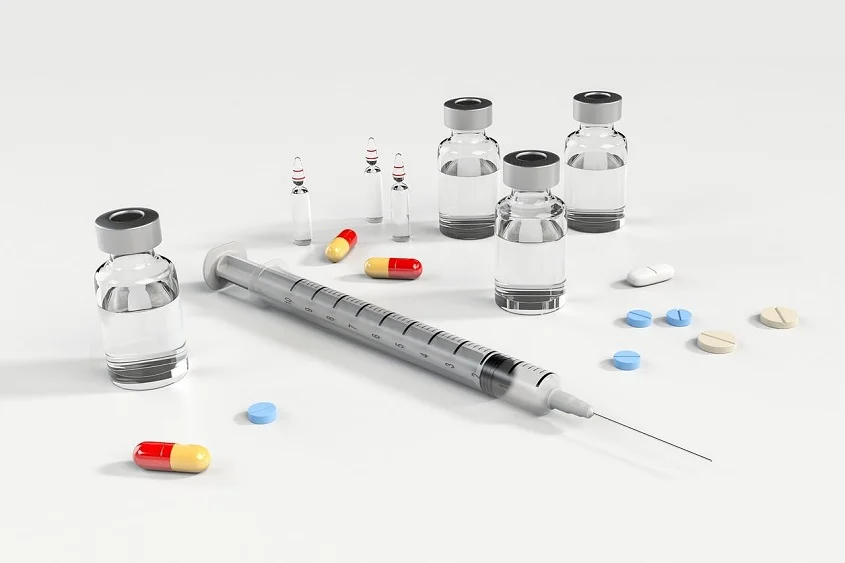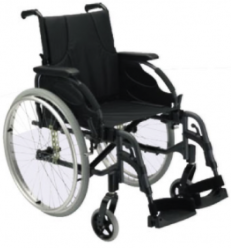The key is to recognize when you need intervention early. This maximizes your chances of overcoming the addiction before it gets worse and causes more significant damage to your life and health.
Addiction treatment varies depending on the problem. The good news is that finding help for substance abuse is easy once you’re ready to admit you need it. There are programs in every city designed to guide you through the recovery process and back to clean living.
Not sure if your addiction is a problem yet? That’s exactly when you need to reach out. Early intervention now will make it easier for you to drop the bad habit. Here, we’ll discuss how intervention can stop addiction in its tracks.
Avoiding the Train Wreck Collision
For many addicts, recovery only happens after they’ve hit rock bottom and realize they need help (or are forced to get it). By that time, they’ve gone through a train wreck of suffering, causing harm to their loved ones and those around them, damaging their minds and bodies, and losing contact with the real world.
Early intervention increases the chances that the person with the addiction will feel comfortable seeking treatment without worrying about being judged. This type of intervention can be in the form of educating the addict and those around them, making them aware of the potential dangers to themselves and others, and teaching them how to look for warning signs that there is a problem.
Recognizing the Need for Treatment
Here’s the thing to be clearly aware of: Not every person who does drugs or drinks has an addiction. There are people who experiment with a substance a handful of times and decide it isn’t for them. They quit and never feel the strong temptation to engage in the behavior again.
But when you or someone you love experiments with an addictive substance and it becomes part of daily life, there’s a problem. If you catch yourself planning your day around your next fix, whether it’s canceling plans with people you enjoy hanging out with, skipping work, or not paying bills so that you have money for your drug of choice, it’s time to get help.
What Intervention Looks Like
Early intervention isn’t aggressive. It’s a gentle means of helping those in trouble recognize their situation before it spirals out of control via strategic exposure to beneficial information.
This is done through forms such as:
- Education and awareness campaigns to inform the public about addiction, what causes it, and why early treatment is essential.
- Educating society on how to identify addictive tendencies and warning signs, including risk factors and behaviors.
- Teaching people how to recognize risk factors that typically lead to substance abuse, such as mental health disorders. By providing healthy alternatives to handle these factors, one may avoid the desire to turn to addictions.
With early treatment, patients can learn how to overcome their addictive compulsions, receive the medical and psychological help they need to grow and thrive and prevent relapse. By figuring out the cause of the addiction and educating those involved, this early intervention may be all it takes to keep a dangerous disease from progressing.







